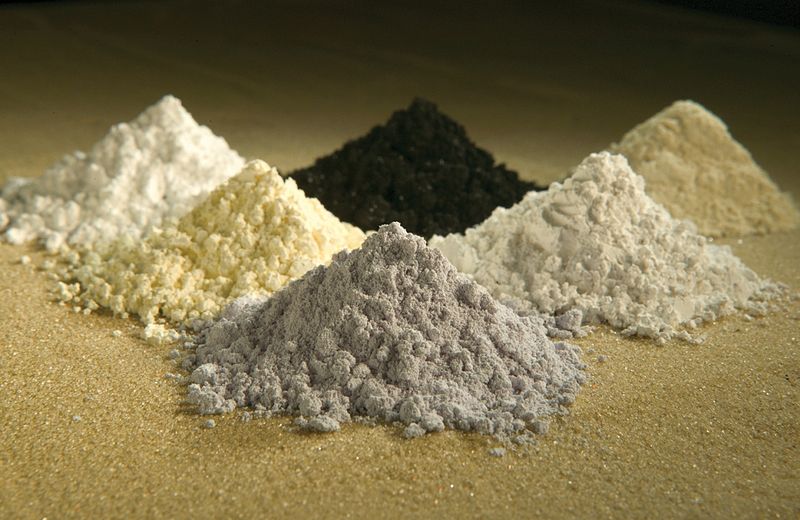China says domestic competition hurting rare earth prices

China’s rare earths, a group of 17 minerals used in military equipment and consumer electronics, are being undersold due to “vicious competition” domestically and face low resource utilisation, the country’s industry minister said on Monday.
Prices for some rare earths in China, such as praseodymium-neodymium – used in rare earth magnets – have spiked to multi-year highs this year amid strong demand from the electric vehicle sector.
However, prices for other rare earths mined simultaneously, such as cerium and lanthanum, used in catalysts for oil refining, remain depressed due to abundant supply.
China raised its rare earth output quotas for the first half of 2021 to record levels
“Our rare earths did not sell at the ‘rare’ price but sold at the ‘earth’ price… because of competitive bidding, which wasted the precious resource,” Minister of Industry and Information Technology Xiao Yaqing said during a news briefing.
A heavy reliance on China, the world’s top producer of rare earths, has led the United States to order a review of its supply chain for the minerals.
Shipments of rare earth magnets from China to the United States hit 585 tonnes in December, the highest since at least 2016, according to Chinese customs data. China’s overall rare earth exports last year were the lowest since 2015 amid coronavirus-hit demand overseas.
China’s industry ministry proposed in January tightening regulation of the rare earth sector, including a stipulation that importers and exporters abide by foreign trade and export control laws.
“Government should play a role in maintaining market order, loosen what can be loosened and control what should be controlled,” said Xiao, who previously served as head of state-owned metals group Chinalco, the parent of one of China’s biggest rare earth producers.
The minister said some companies were producing excessive amounts of rare earths, causing environmental issues and leading to low resource utilisation rates.
China raised its rare earth output quotas for the first half of 2021 to record levels.
Meanwhile, China lacks high-level rare earth products, Xiao said, adding the country “should learn from Japanese enterprises in this regard.”
(By Gabriel Crossley, Se Young Lee, Min Zhang and Tom Daly; Editing by Gerry Doyle and Edmund Blair)
{{ commodity.name }}
{{ post.title }}
{{ post.date }}




Comments